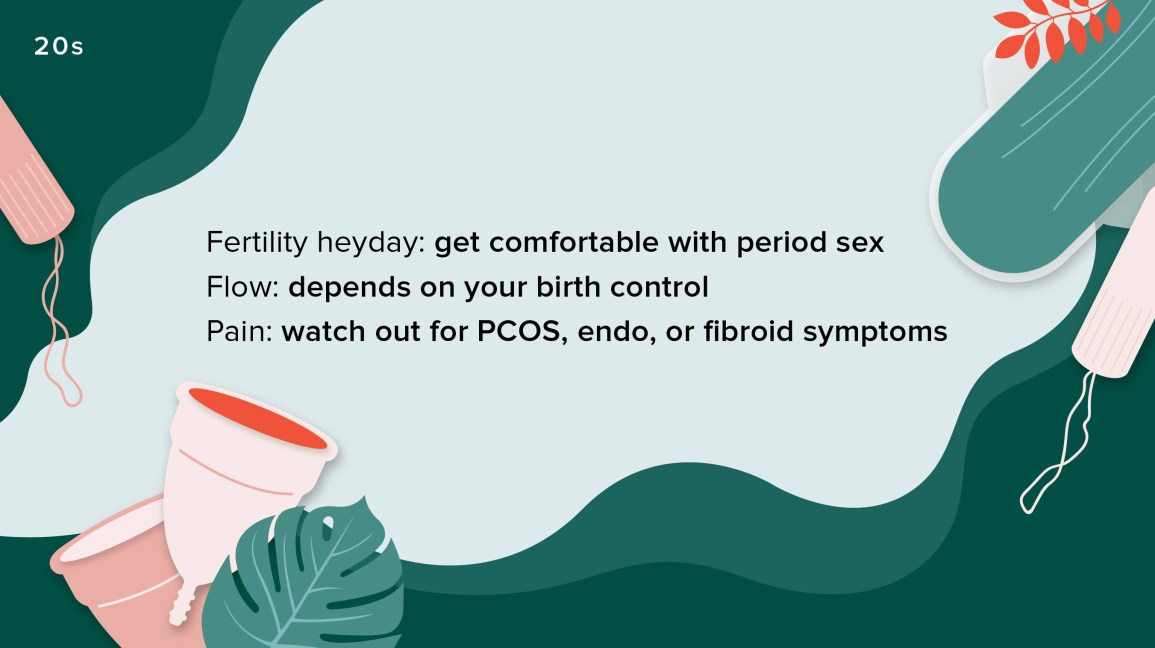
Do you have a regular period but you are experiencing heavy periods? You may be surprised to find out that almost one in five females experience heavy menstrual cycles. It can be hard to determine if what you believe is normal is really excessive menstrual bleeding or if what you feel is a symptom of something else.
The length of your menstrual cycle depends a lot on how much bleeding occurs. In fact, there are times when your periods get heavier than usual, especially if you are ovulating. Most women who do not ovulate but who already have regular periods will bleed more easily during their period. However, for most women, menstruation will increase, and at other times it will be more abundant.
It can also be difficult to tell if your periods are heavier due to not having ovulation, or if they are simply heavier due to your body's natural cycle. The menstrual cycle varies from woman to woman. For some women, normal periods last four to eight weeks. Others have irregular periods that tend to last longer than usual. Your menstrual cycle may even differ slightly throughout your cycle. You can find out more about this on the website https://www.chocolatefactory.co.th/.
However, there is a difference between too much menstrual bleeding and excessively heavy periods. Being overweight during your period can often be a sign of another health problem, such as endometriosis or polycystic ovary syndrome. If your periods last longer than usual and are heavier than usual, you may have an ovary. Women whose ovaries produce too many hormones are more likely to have heavy periods. For this reason, some doctors recommend having a urine test to check if your blood is normal.
Another reason you may have heavy periods is if you have been diagnosed with polycystic ovary disease. This condition is characterized by irregular menstruation, infertility, and increased facial and abdominal hair. The level of the hormone estrogen in the body is controlled by the female hormone progesterone.
Because progesterone affects estrogen and other hormone levels, a woman with Polycystic Ovarian Syndrome (PCOS) may experience heavy bleeding as a result of the hormone imbalance. The symptoms of PCOS can include depression and mood swings, acne, vaginal dryness, and irregular menstrual cycles.
Since PCOS is a genetic condition, it is also linked to weight gain

Because most people will have regular menstrual cycles, it is easier to pinpoint the source of a heavy period. However, it may be helpful to go through your monthly cycle again. Once you find a pattern, you can determine if you are dealing with a heavy period and what could be causing it. If you have light to moderate heavy menstrual periods, you can ask your doctor about any medications or changes that you can make to your lifestyle to reduce the occurrence of heavy period cycles. Also, because your periods are similar to each other, you should see your doctor to find out whether you are at risk for polycystic ovaries.
Another way to recognize a heavy menstrual period is to check to make sure that you have not been eating a large amount of red meat. If you do not, you may be experiencing a heavy period. Red meat contains a high amount of estrogen. However, it is best to avoid red meat if you are trying to lose weight since consuming it would help you lose more weight than if you were eating it regularly. This is because eating a high amount of red meat can increase your blood sugar level and cause you to have an excessive amount of insulin in your blood.
Sometimes, you may be experiencing a heavy period because your body may be trying to regulate the release of progesterone in your body. Progesterone is a female hormone that is produced during your period. When your levels become too high, you may experience irregular menstrual cycles. Therefore, if you start experiencing heavy bleeding, you may need to take steps to help increase progestin levels.
You can try taking a progesterone supplement if your regular menstrual cycle is light or if you are trying to lose weight. If the progester levels are too low, you can ask your doctor for a prescription to help regulate your progestin levels. There are several progester pills that you can take and use to help regulate your hormones. Your doctor may also suggest a daily exercise routine that you can do.
In addition to progester, you may want to see your doctor if you suffer from depression or mood swings. Because progester is used to control the production of estrogen, your body may be fighting an excessive amount of the hormone and your periods may be light, especially during your monthly cycles. If this is the case, you may want to discuss ways to treat depression and mood swings with your doctor.
If you have noticed that you have a heavy menstrual period, it is a good idea to discuss this issue with your doctor before you decide to take any medications that may help you treat your heavy period. You should remember that progester can cause side effects if taken during pregnancy. Therefore, you should only take progester if you plan on continuing to be pregnant.
